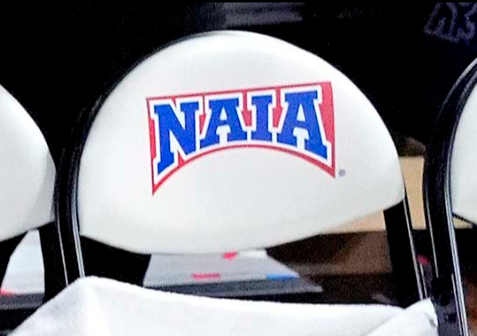NAIA Bans Transgender Athletes from Competing in Women’s Sports

The National Association of Intercollegiate Athletics (NAIA), the governing body for primarily small colleges, made headlines with a policy that effectively prohibits transgender athletes from participating in women’s sports.
The NAIA Council of Presidents unanimously approved this policy in a 20-0 vote, making the NAIA the first college sports organization to take such a stance.
Under this transgender participation policy, athletes are allowed to participate in NAIA-sponsored male sports regardless of gender identity. However, only athletes who were assigned female at birth and have not undergone hormone therapy are permitted to compete in women’s sports. Athletes undergoing hormone therapy may engage in activities like workouts and practices but are barred from interscholastic competition.
Exceptions are made for NAIA programs in competitive cheer and dance, which are open to all students. The NAIA policy justifies these restrictions by pointing out the physical advantages male student-athletes may have in sports requiring strength, speed, and stamina.
Jim Carr, NAIA President and CEO, acknowledged the controversial nature of the policy but emphasized its importance for ensuring fair competition and the best interests of member schools.
The NAIA's previous 2023-24 policy allowed transgender and nonbinary athletes to compete in the division of their choice during the regular season. However, for postseason events, athletes were required to compete in the division corresponding to their birth sex, with some exceptions for those undergoing hormone therapy.
While there is no precise data on the number of transgender athletes in high school and college sports, estimates suggest it is a small percentage. Nevertheless, the issue has garnered significant attention and debate, particularly among conservative groups and those advocating for women’s sports.
The NAIA’s policy has drawn criticism from organizations like the National Women’s Law Center, which condemned it as discriminatory and harmful to transgender, nonbinary, and intersex individuals, as well as all athletes.
This development comes amidst broader discussions and legal actions regarding transgender athlete participation in sports, including a federal lawsuit filed against the NCAA by current and former college athletes.
The NCAA, for its part, has had policies regarding transgender athlete participation since 2010, with revisions made in 2022 to align more closely with national sport governing bodies and hormone replacement therapy guidelines.